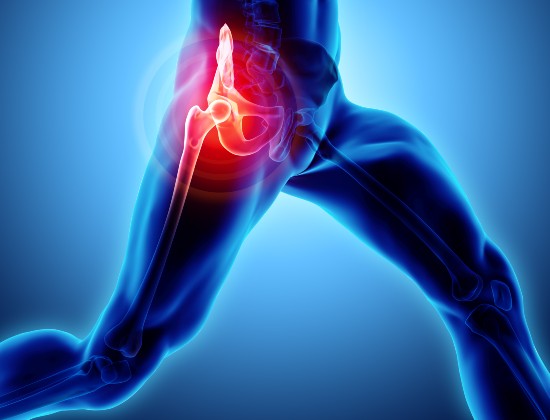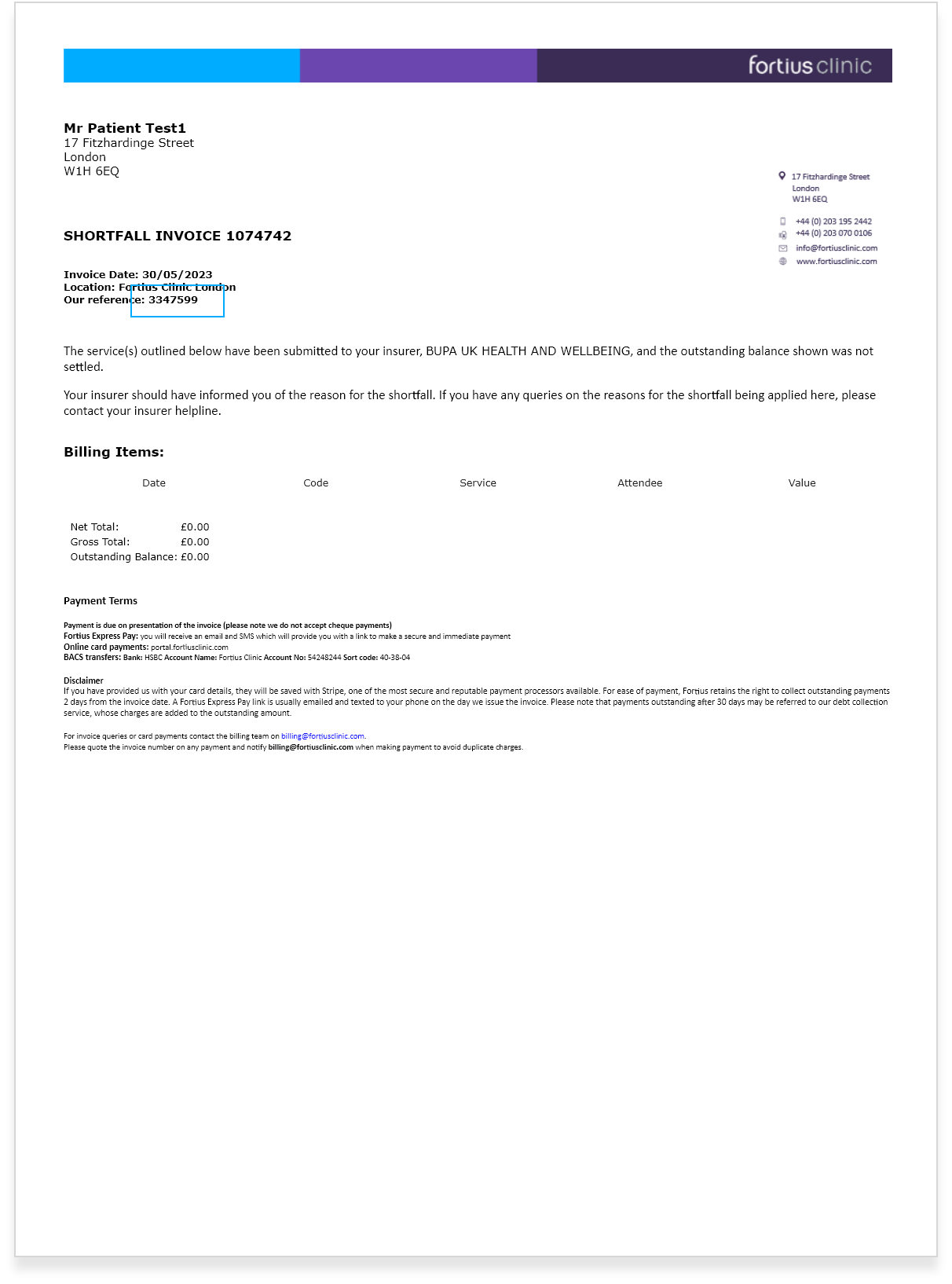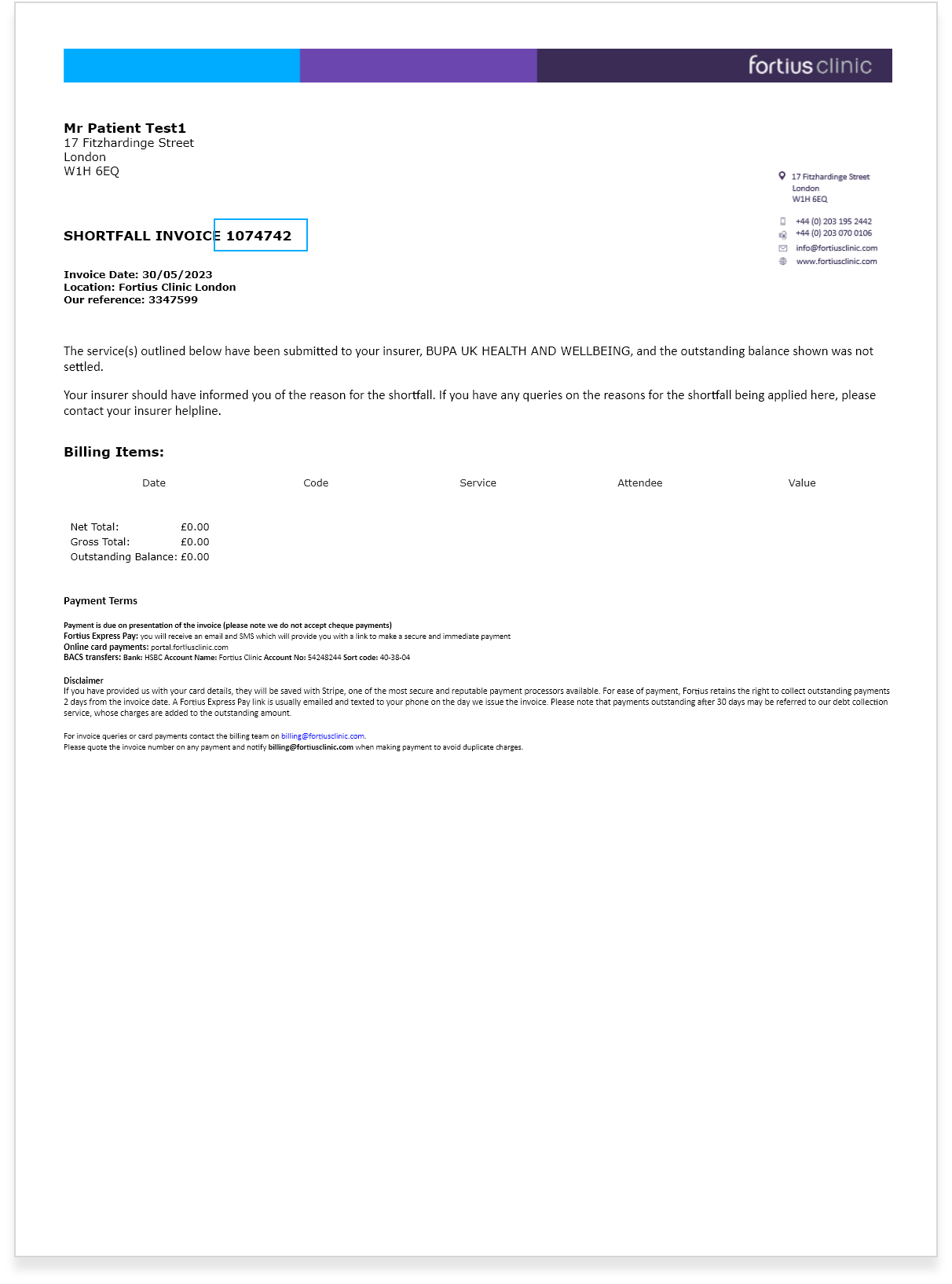Avascular necrosis (osteonecrosis)
What is it?
Avascular necrosis or osteonecrosis of the hip is a rare condition when the blood supply to the bone becomes limited, resulting in bone cells dying. Although necrosis can affect any joint, it usually occurs in the hip and is more common in men aged 40-65.
Causes
There is a disruption to the blood supply in the ‘ball’ part (femoral head) of the ball and socket hip joint, usually due to an injury or existing medical condition. This causes the bone to gradually die and disintegrate, damaging the surrounding cartilage which causes pain and hip arthritis You are more likely to develop avascular necrosis if you have:
- Had a hip dislocation, fracture or other injury that has damaged blood vessels in the hip
- Been prescribed steroid medication, especially high doses for short periods such as during cancer treatment or following brain surgery
- Alcohol dependency
- Other conditions such as Gaucher’s disease, sickle cell disease, or systemic lupus erythematosus ("Lupus")
Symptoms
These include hip pain, which may also affect the groin or buttocks. Pain gradually becomes worse, making it harder to stand and put weight on the joint. However, the earlier the condition is diagnosed, the more successful treatment is likely to be.
Diagnosed
After discussing your symptoms, the specialist will carry out a medical examination, after which a diagnosis can be confirmed by X-rays and MRI scans.
Treatment
There are a number of surgical treatments including:
- Core decompression where one or more holes are drilled into the ball of the joint (femoral head). This relieves pressure in the bone and new blood vessels can form in the channels. This operation is only suitable for early painful disease before the femoral head has collapsed.
- Total hip replacement is used to replace damaged bone with an artificial joint when symptoms become severe.
Important: This information is only a guideline to help you understand your treatment and what to expect. Every person is different and your rehabilitation may be quicker or slower than other people’s. Please contact us for advice if you are worried about any aspect of your health or recovery.


